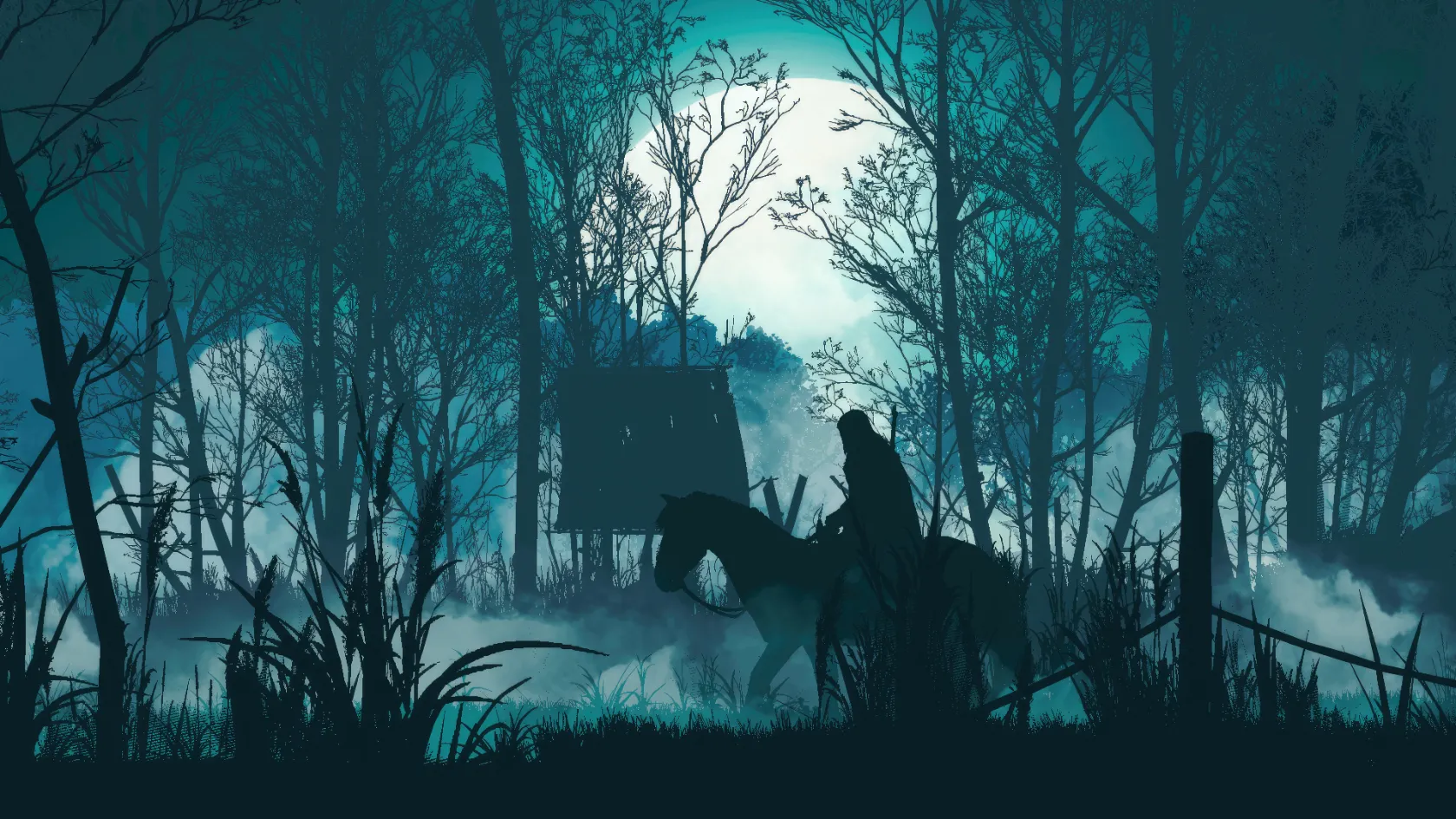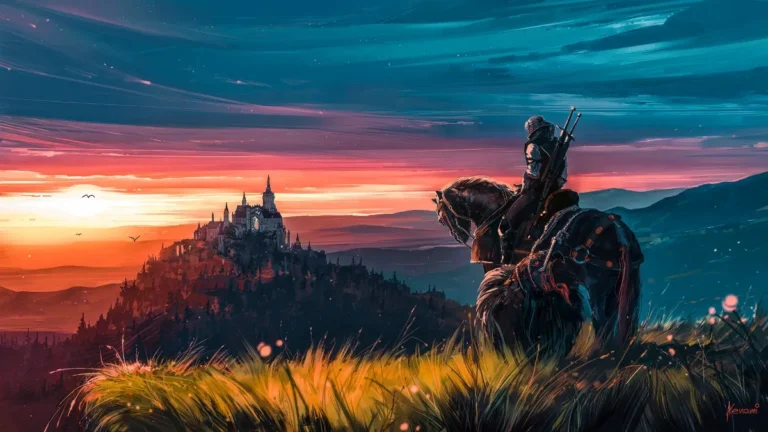The Witcher 3: Wild Hunt is not just a video game—it’s a soulful journey through a world drenched in complexity, emotion, and consequence. As Geralt of Rivia, a wandering Witcher cursed with clarity and burdened with choice, you enter a world that pulses with life, reacts to your every move, and constantly challenges what you believe to be right or wrong.
This is not a world of easy answers. It is a breathing tapestry of stories—tales that are sometimes joyful, sometimes heartbreaking, but always morally intricate and deeply human.
The World That Breathes With You
One of the game’s most powerful achievements is how alive its world feels. The Northern Kingdoms aren’t just backdrops—they’re environments that change with the seasons, the politics, and your decisions. Villages grow silent or bustling based on what you do. Wars end or rage on. People remember you—sometimes fondly, sometimes with fear.
You’re not just playing in a fantasy world. You’re living in one, shaping it with every step.
Geralt: A Monster Slayer or a Man Searching for Meaning?
At the heart of this epic stands Geralt, not simply as a protagonist, but as a vessel of personal reflection. He is more than a sword-wielding mutant. He is a man torn between duty and desire, between apathy and empathy, between who he was made to be and who he chooses to become.
His journey to find Ciri, the adopted daughter he once protected, becomes more than a rescue mission—it becomes an exploration of fatherhood, identity, and legacy.
Choice Is Everything: And Nothing Is Easy

The Witcher 3 is revered for its choice-driven gameplay—but these are not decisions framed in good vs. evil. Here, you navigate shades of grey, often left wondering if you did the right thing, or if such a thing even exists in this world.
Will you help a cursed creature find peace, or slay it to protect a fearful village? Will you ally with kings, rebels, or neither? Every choice reshapes the path ahead. And the game never tells you what the “right” answer is—it just shows you the consequences.
Side Quests With Soul
In many games, side quests are distractions. In The Witcher 3, they are often the emotional heart of the experience. Whether you’re solving the mystery of a haunted manor, helping a grieving father find his child, or reuniting star-crossed lovers across political lines, every small story carries weight.
No quest is meaningless. Each one builds the world, deepens the lore, and invites reflection.
Visual Poetry and Aural Elegance
The game’s artistic design is breathtaking. From wind-swept Skellige cliffs to swampy backroads of Velen, the visuals tell stories without words. Lighting, weather, architecture—they all contribute to a living, breathing world.
And then there’s the music. The soundtrack of The Witcher 3 is nothing short of magic. With sorrowful fiddles, driving war drums, and ethereal choirs, every note carries you deeper into the myth. It doesn’t just support the game—it elevates it into a legend.
The Witcher’s Women: Depth, Strength, and Spirit
Ciri, Yennefer, Triss, Keira—this game doesn’t reduce its female characters to mere companions or eye candy. They are fully realized, powerful, intelligent, and often more complex than Geralt himself.
They lead armies, change history, wield magic, and love fiercely. And your relationships with them are never simple. They’re built on trust, pain, shared history, and often, hard choices.
Combat With Weight, Magic With Meaning
Combat in The Witcher 3 is deliberate. It’s not hack-and-slash—it’s tactical, fluid, and lethal. Dodging, timing, sword oils, monster research—all are crucial. Add to that the Signs (simple but powerful spells), potions, and bombs, and every battle becomes a dance between brains and blades.
But it’s not just about mechanics—it’s about emotion. The most memorable fights aren’t always the hardest, but the ones that are narratively loaded. Killing a monster you’ve come to understand? That stays with you.
Endings That Echo Long After
Your story will end in different ways depending on your choices. But no matter how it ends, it won’t feel like a typical “game ending.” It will feel like the conclusion of a life lived, with joy, regret, love, and sacrifice.
And that’s why The Witcher 3 stays with you. Long after the credits roll, its world lingers in your mind. The people. The consequences. The scars. The beauty.
Legacy of a Legend
More than any other title of its generation, The Witcher 3: Wild Hunt expanded not just the standards of open-world gaming, but the emotional expectations of what a game can offer.
It is a love letter to storytelling. A challenge to the idea that games can’t be art. A mirror reflecting both the darkness and the light of humanity.
